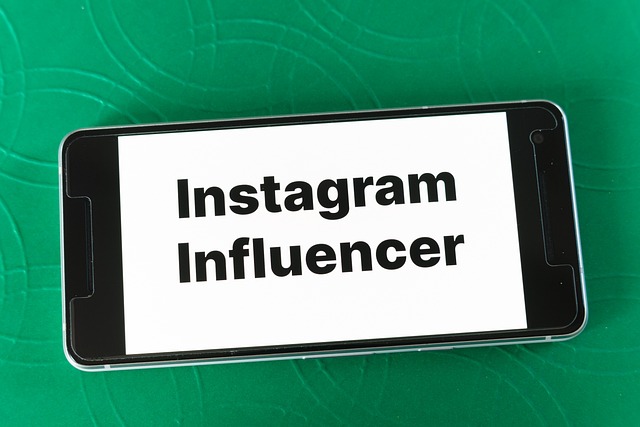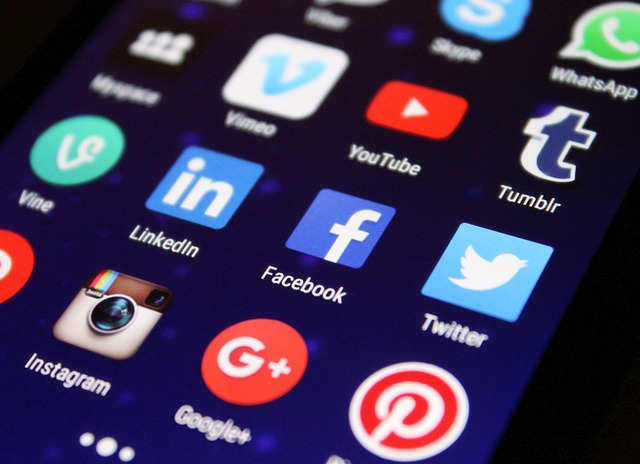The advent of social media has ushered in an era where the influencer phenomenon captivates audiences worldwide. From high-end fashion icons to everyday lifestyle bloggers, influencers wield the power to shape trends, opinions, and even consumer behavior. Their ability to connect with followers on a personal level amplifies the need for authenticity, making them relatable figures in our increasingly digital world.
At the heart of this influencer phenomenon is the concept of trust. Consumers today are more skeptical of traditional advertising approaches; they seek recommendations from people they admire and feel a connection with. This shift in perception has transformed ordinary individuals into powerful brand representatives. Whether it’s a beauty guru showcasing the latest skincare routine or a fitness enthusiast sharing workout tips, the authenticity of their experiences resonates deeply with audiences.
The rise of influencer culture isn’t just a passing trend; it represents a fundamental change in how brands engage with consumers. Businesses are now collaborating with influencers who align with their values and target demographics, fostering a sense of community and belonging. This strategy allows brands to reach niche markets more effectively, creating tailored messages that resonate with specific audiences.
Moreover, the influencer phenomenon has democratized the world of marketing. Anyone can become an influencer; the barrier to entry has diminished significantly. With a smartphone and a social media account, people can carve out their own space in the digital landscape. This inclusivity empowers diverse voices and perspectives, allowing for a richer tapestry of content that reflects the myriad experiences of the global community.
However, as the influencer industry continues to evolve, it also faces challenges. The rise of “fake influencers” who artificially inflate their follower counts raises questions about authenticity and reliability. Audiences are becoming more discerning, making it essential for genuine influencers to maintain their credibility and foster transparent relationships with their followers.
As we navigate this ever-changing landscape, one thing is certain: the influencer phenomenon is here to stay. It has redefined the way we approach consumerism, engagement, and personal branding. As influencers continue to inspire, motivate, and connect people, they play an integral role in shaping our culture and influencing the trends of tomorrow.



